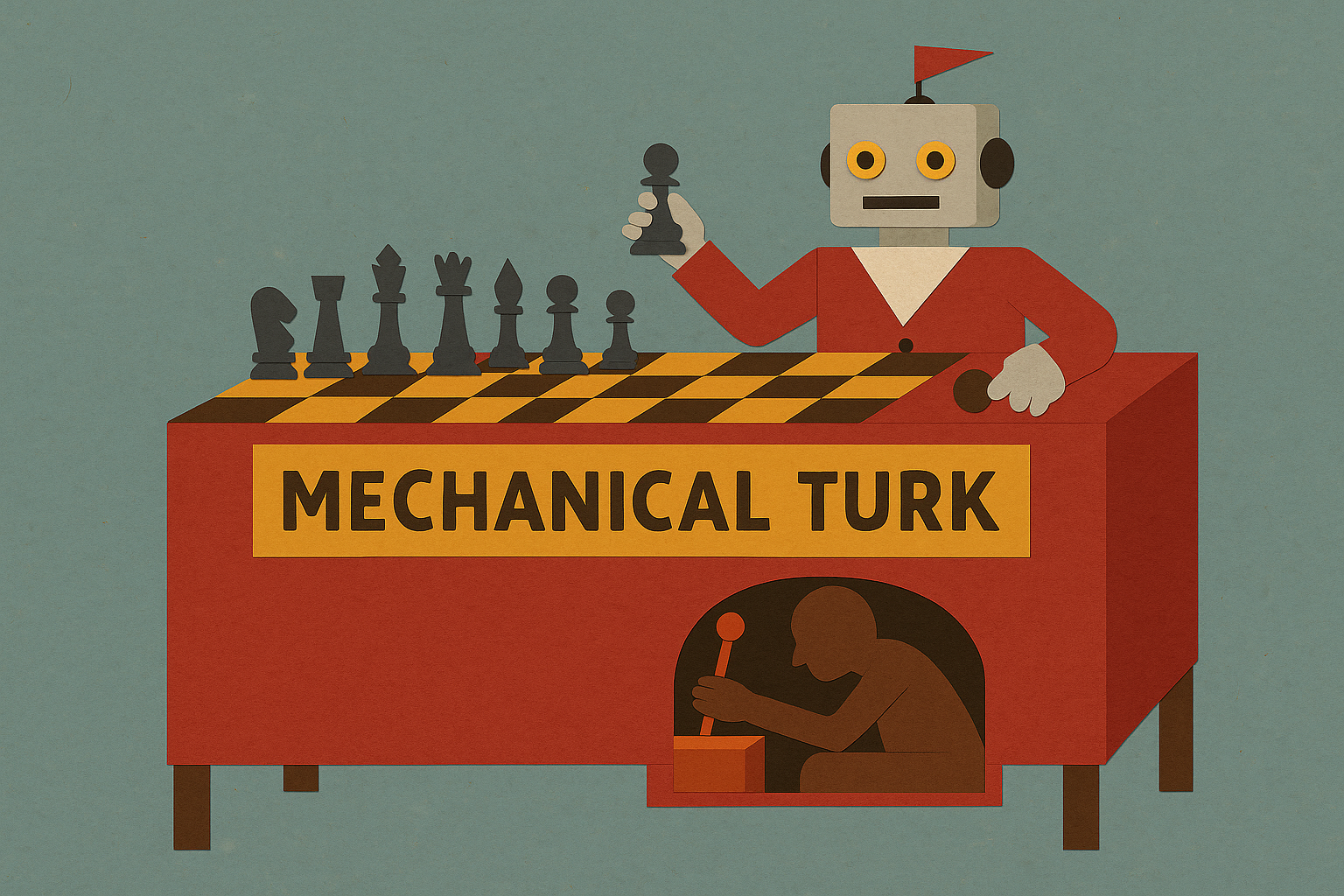While technology may change, human behavior does not. At least, that’s what reading the collection of Aesop’s Fables suggests. The characters and motivations in the parables, attributed to Aesop after he died in 564 BCE, remain relevant today.
Aesop 2021 projects these well-known (and not-so-known) stories into an age only a stone’s throw from our own. When cynicism and pessimism abound, hope becomes a rebellious act against the tyranny of the default. Each story recasts a fable’s lesson from our upcoming solarpunk future as a software tale.
The Aesop 2021 project is part of the Never Break the Chain March Writing Challenge. The original sources were translated by George Fyler Townsend and provided under the Project Gutenberg license. Addition reference provided by a Library of Congress interactive book adapted from the public domain book “The Aesop for Children: with Pictures by Milo Winter,” published by Rand, McNally & Co in 1919.
Below is the latest installment.

As the evening shade grew long, the Code-Burners, Fishermen, and any migrant Fixers passing through would gather in the commons. While each had a professional interest in being there, more often than not, the evening would slip into night with rollicking tall tales and screening of the latest whopper.
At one of these forums, a Bear began to boast of their skills. “Out of everyone here, I am the most user-friendly,” they proclaimed. “While you’re still sorting out what ends up in your error messages and stressing your operators out, I just suppress them!”
A Fox overheard Bear’s declarations and paused their gesture control. “Really, Bear? Maybe instead of hiding messages when things go wrong, how much more helpful would it be if you focused on preventing errors from happening in the first place?”
Original Fable
A BEAR boasted very much of his philanthropy, saying that of all animals he was the most tender in his regard for man, for he had such respect for him that he would not even touch his dead body. A Fox hearing these words said with a smile to the Bear, “Oh! that you would eat the dead and not the living.”
Moral of the Stories
In software, as in life, professing virtues or positive qualities means little if one’s actions do not support the claims. We need to be alert against superficial or false displays of respect. Instead, we should look at the practical outcomes of someone’s behavior. In short, we should value deeds over words.



